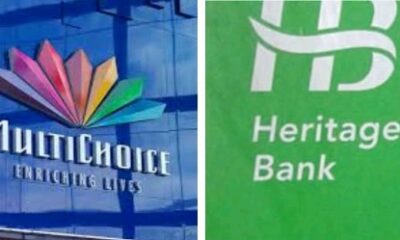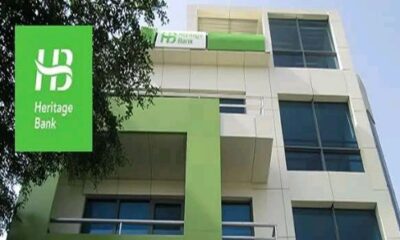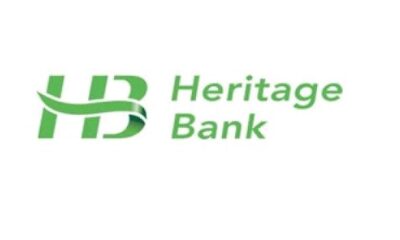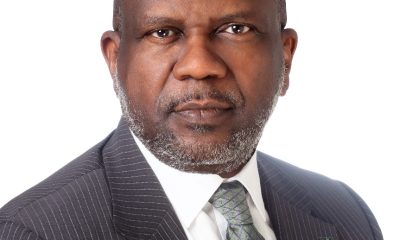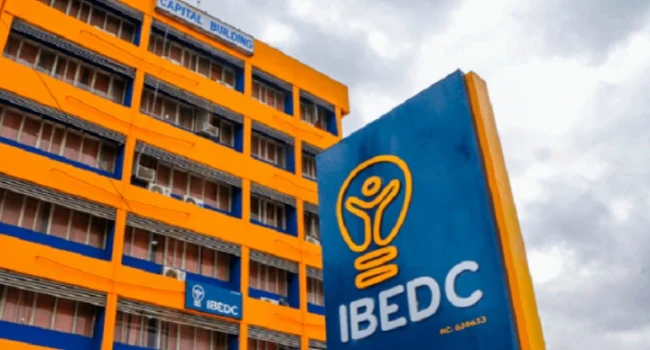Global crude oil prices are expected to surpass $80 per barrel this week due to rising tensions between the United States and Iran. The oil market has reacted strongly to news of coordinated US-Israeli airstrikes on major Iranian nuclear facilities.
Petroleum product marketers have warned that petrol could soon cost N1,000 per litre, driven by the rising price of crude oil and fluctuations in the foreign exchange market.
This follows a “preemptive defensive strike,” in which the US launched overnight attacks on three major Iranian nuclear sites. According to President Donald Trump, the strike “obliterated” Tehran’s critical nuclear infrastructure, and coincided with an Israeli assault, further intensifying the conflict. Iran is the third-largest crude producer in OPEC.
In response, the Iranian parliament is reportedly taking steps to close the Strait of Hormuz, a key oil transit route responsible for nearly 20 per cent of global supply. The move caused immediate disruptions in the energy market, with Brent crude prices climbing and analysts forecasting further increases.
Energy analysts warned on Sunday that if Brent crude exceeds $80 per barrel, petrol in Nigeria could soon be sold at N1,000 per litre. The Chief Executive Officer of PetroleumPrice.ng, Olatide Jeremiah, noted that private depots are already preparing to raise loading costs.
Jeremiah explained that if crude prices rise above $80 by Monday morning, petrol could be sold for N1,000 at the depots. He pointed out that “Dangote remains a major determinant of petrol price” and that the temporary halt in sales last week by the refinery triggered a spike in prices. The refinery has resumed sales at N880 per two million litres.
The Independent Petroleum Marketers Association of Nigeria stated that the ongoing crisis between Israel and Iran continues to drive up crude prices, which is pushing global petrol prices higher.
On Friday, Dangote refinery increased its petrol prices from N825 to N880. In response, MRS Oil Nigeria and other retail outlets raised their pump prices to an average of N955 in the South East and North West.
A correspondent observed that filling stations were selling petrol at prices ranging from N930 to N960, depending on the location, with Lagos having the lowest price at N925 per litre.
Speaking to The PUNCH, IPMAN’s National Publicity Secretary, Chinedu Ukadike, attributed the increase to the instability in both global crude oil prices and the foreign exchange market. He stated that Brent crude rose from around $66 to $77 per barrel.
Ukadike said the changes in crude oil prices and foreign exchange rates directly impact domestic petrol prices. He noted that both Dangote refinery and fuel importers had adjusted prices on Friday in response to these changes.
According to him, the rising cost of lifting 50,000 litres of petrol is putting financial strain on independent marketers, leading them to reconsider their pricing strategies. Petrol prices in some parts of the North have already reached N980 to N1,000 due to higher transportation and logistics costs.
Ukadike said petrol refined by Dangote might not be significantly cheaper than imported products because the refinery sources crude at international rates. He added that “it depends on what the presidential committee on the naira-for-crude deal approves.”
Retail prices are expected to vary by region, with South-South states seeing prices up to N950 per litre due to easier access to marine terminals.
Earlier reports had it that importers recently increased prices following the rise in crude oil. Nigerian crude grades like Bonny Light, Brass River, and Qua Iboe climbed to $79 per barrel after Israel’s military actions against Iran heightened regional conflict fears.
According to Oilprice.com, Bonny Light sold at $78.62 per barrel, while Brent and WTI closed at $77 and $73.84 respectively, exceeding the Nigerian government’s 2025 budget benchmark of $75 per barrel.
Analysts have warned that these higher prices could lead to increased local fuel prices due to more expensive crude input. Since Monday, depots raised petrol prices in response to the escalating Middle East crisis.
Petrol prices rose from N825 to N840 at the start of the week. Rainoil increased its rate by N50 to N900 per litre, while Fynefield and Mainland set depot prices at N930 and N920 respectively.
Other sellers like Sigmund, Matrix Warri, NIPCO, and Aiteo also raised prices to between N840 and N920. SGR adjusted its pump price to N930.
The Nigerian National Petroleum Company Limited is expected to update its prices soon. Jorge Leon, Rystad’s head of geopolitical analysis and a former OPEC official, said “An oil price jump is expected.” SEB analyst Ole Hvalbye added that Brent crude could rise by $3 to $5 when markets open.
Ole Hansen of Saxo Bank predicted a possible $4 to $5 increase due to investor repositioning. Brent and WTI had fallen on Friday after the US imposed new Iran-related sanctions, including measures targeting Hong Kong-based entities.
Brent has increased by 11 per cent and WTI by 10 per cent since the conflict began on June 13, with Israel targeting Iranian nuclear sites and Iran responding with missile attacks on Tel Aviv.
Despite stable oil supply conditions and available OPEC spare capacity, analysts say supply disruptions could drive prices even higher, while a de-escalation would reduce risk premiums.
Meanwhile, reports suggest Iran’s parliament has voted to close the Strait of Hormuz. Although not officially confirmed, Esmail Kosari from the national security commission said, “For now, [parliament has] concluded we should close the Strait of Hormuz, but the final decision in this regard is the responsibility of the Supreme National Security Council.”
The Strait of Hormuz, 21 miles wide at its narrowest point, is a crucial maritime passage that connects the Persian Gulf to the Gulf of Oman and the Arabian Sea. Approximately 20 per cent of the world’s oil—17 to 18 million barrels per day—passes through it.

 BIG STORY2 days ago
BIG STORY2 days ago
 BIG STORY3 days ago
BIG STORY3 days ago
 BIG STORY1 day ago
BIG STORY1 day ago
 BIG STORY3 days ago
BIG STORY3 days ago
 BIG STORY2 days ago
BIG STORY2 days ago
 BIG STORY3 days ago
BIG STORY3 days ago
 BIG STORY3 days ago
BIG STORY3 days ago
 BIG STORY2 days ago
BIG STORY2 days ago







